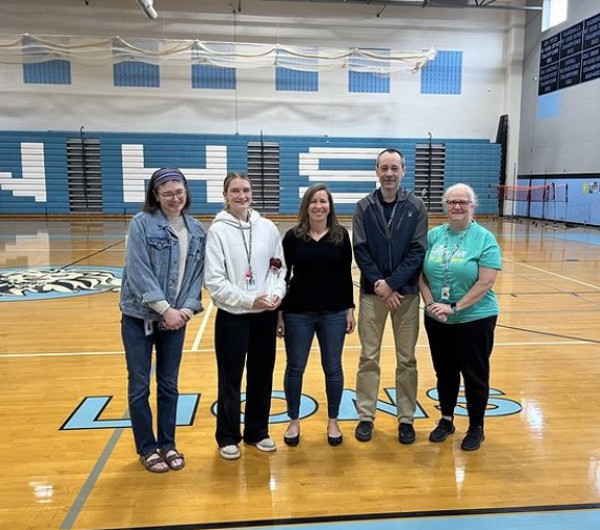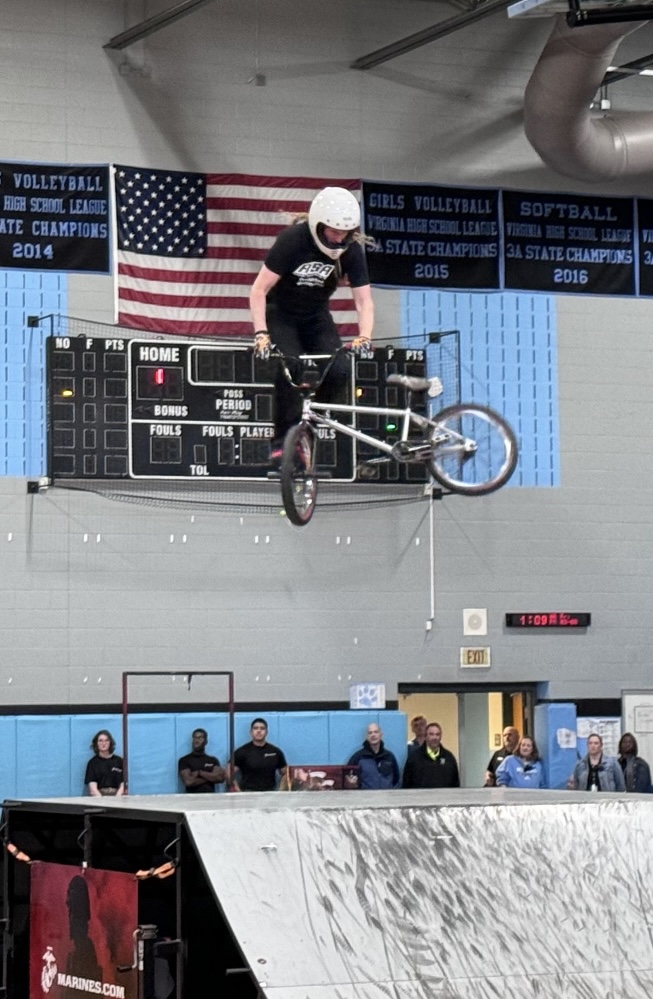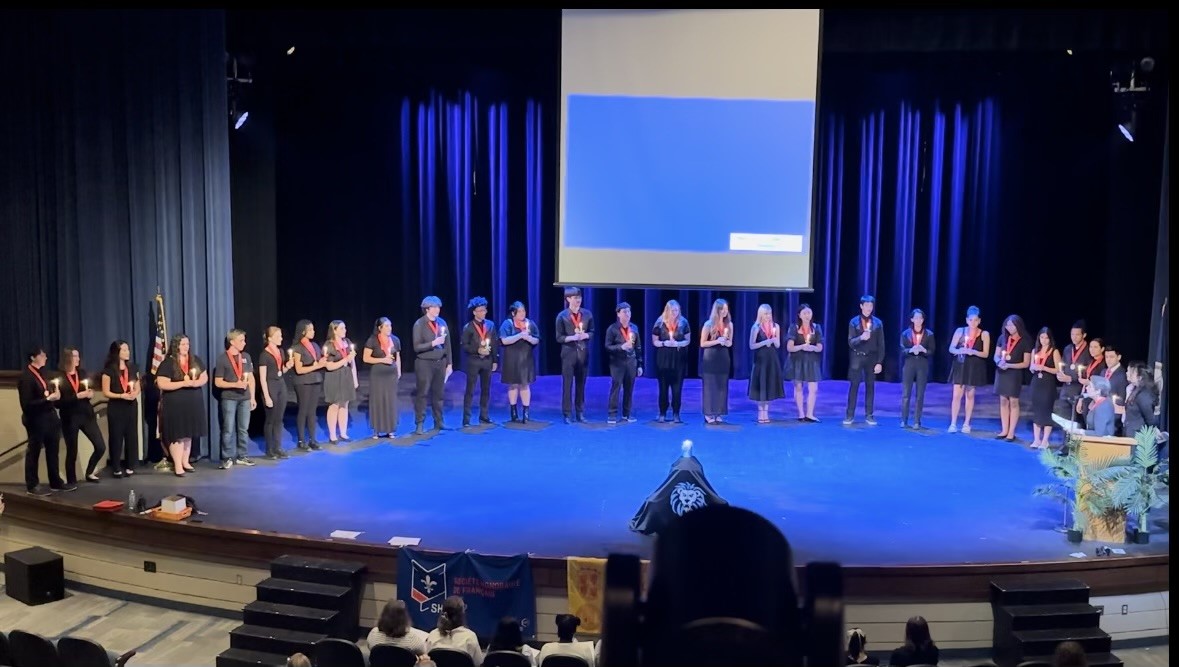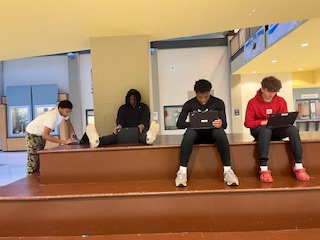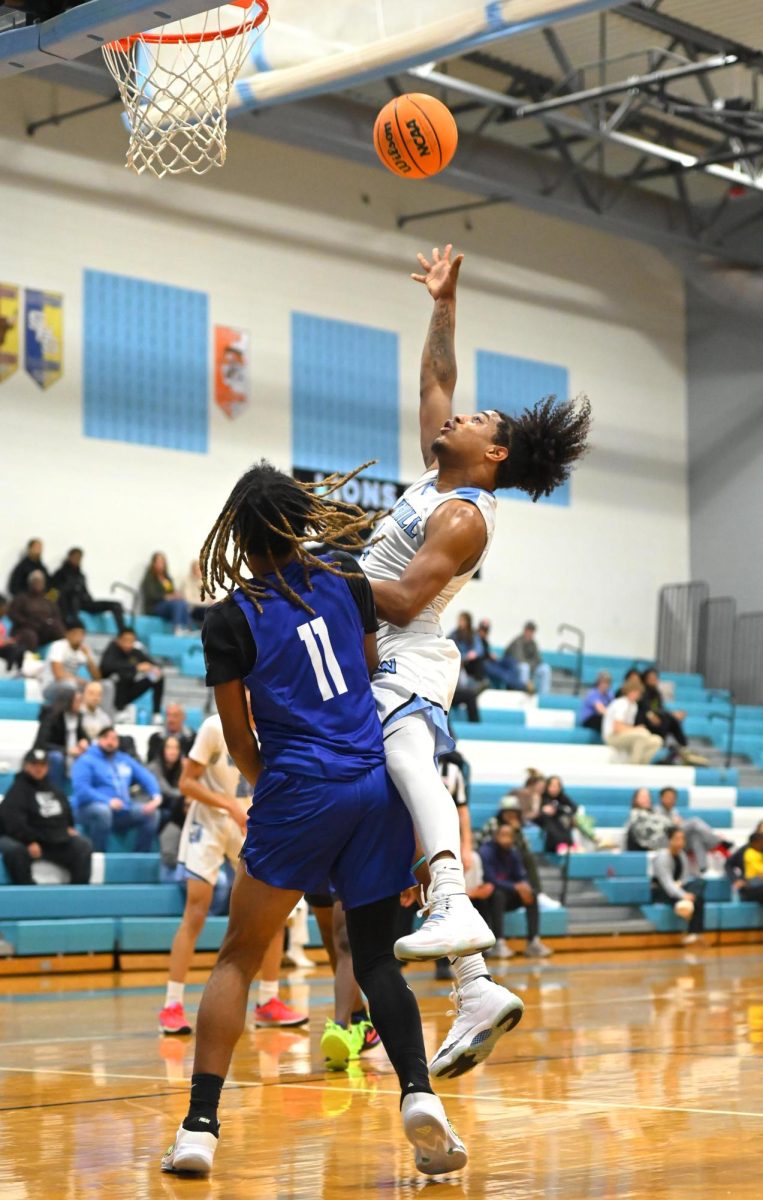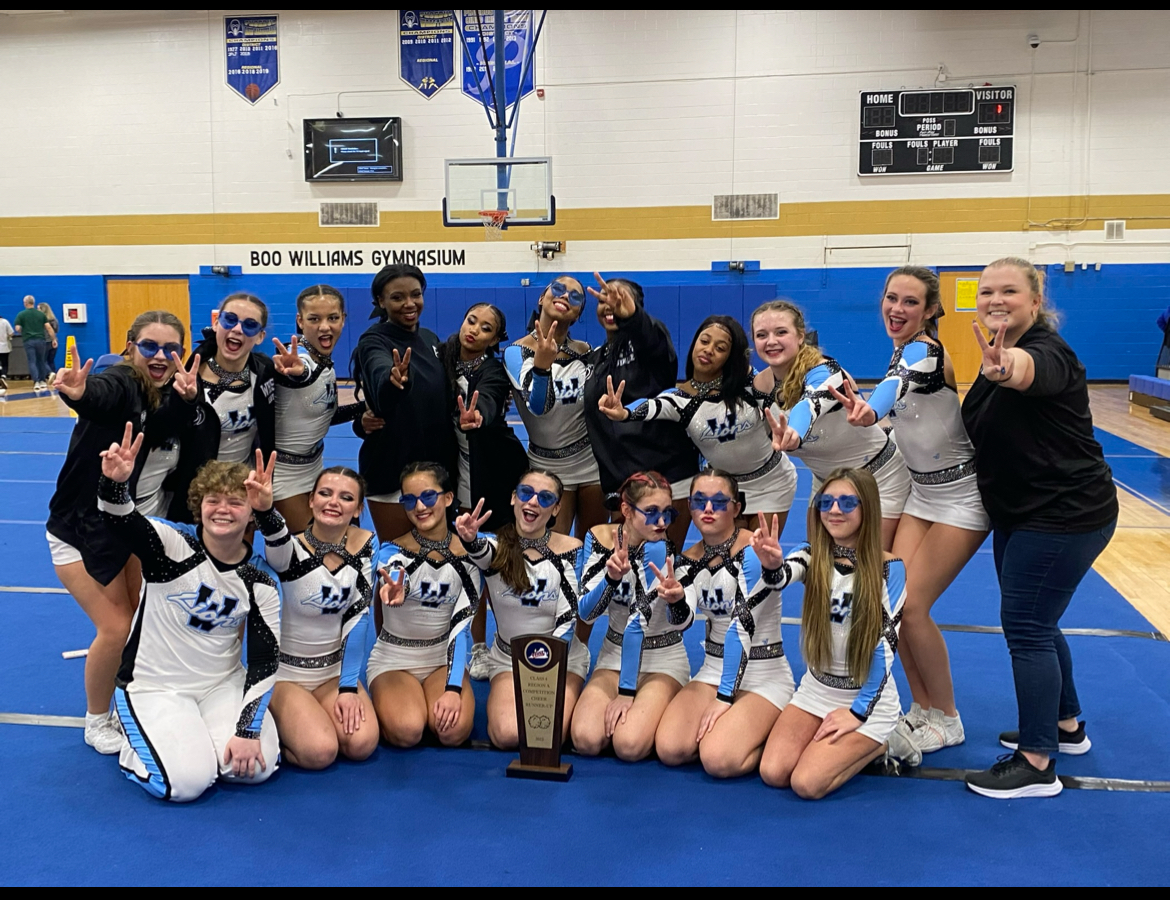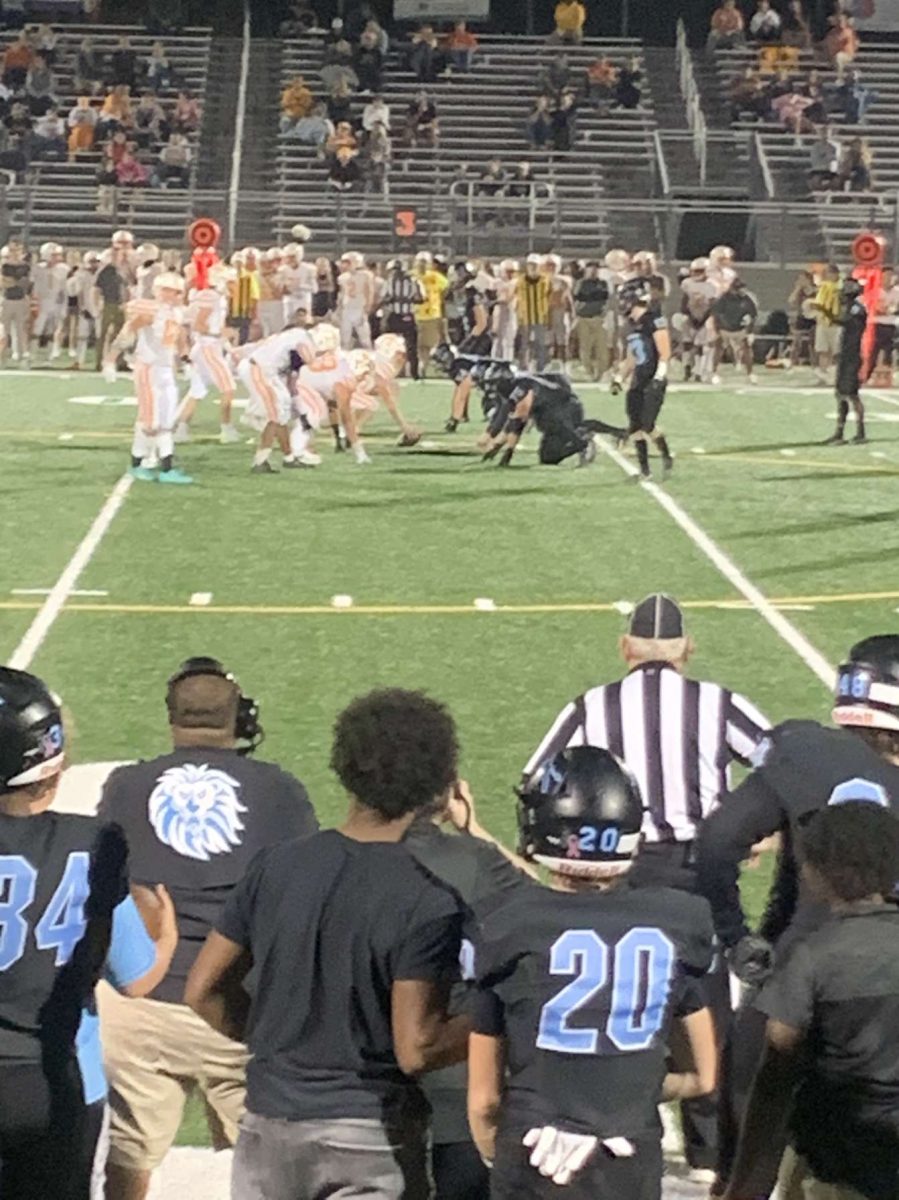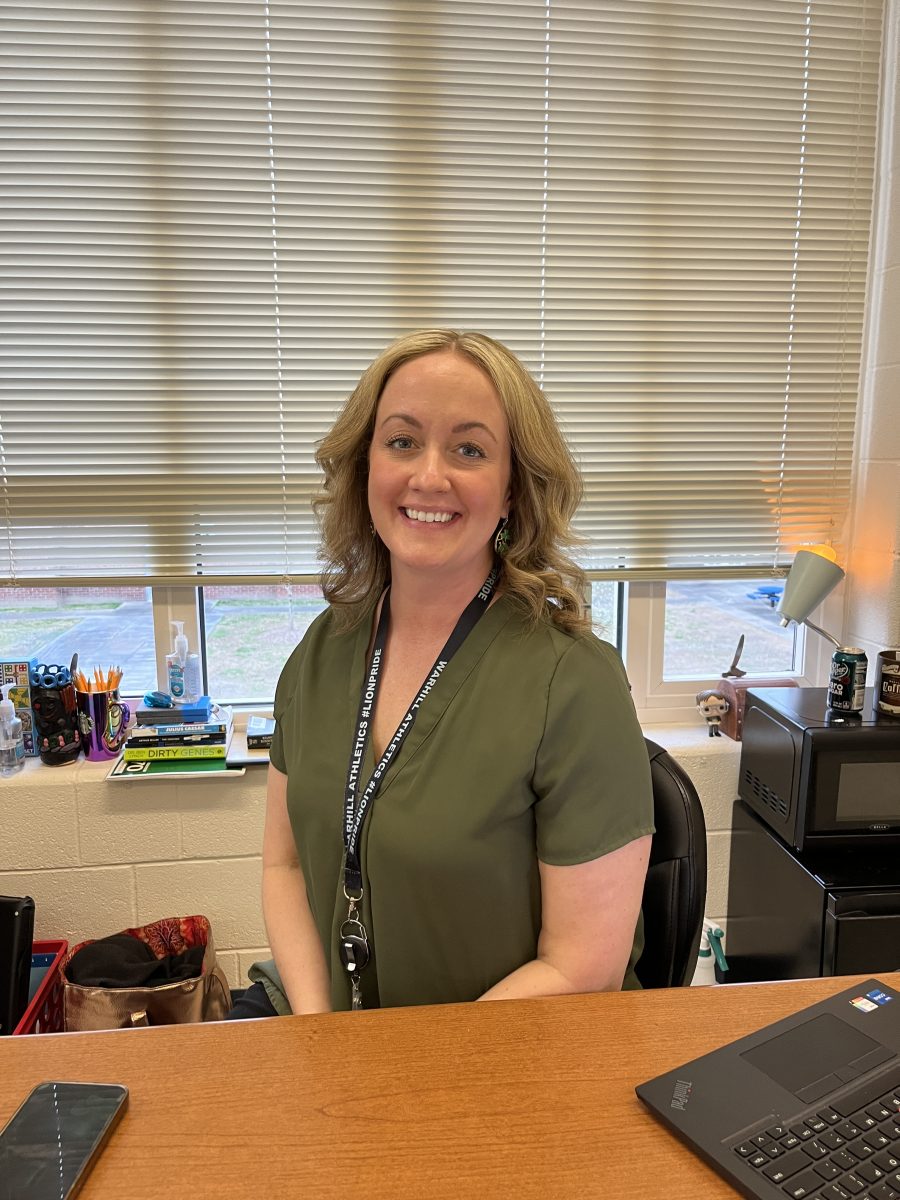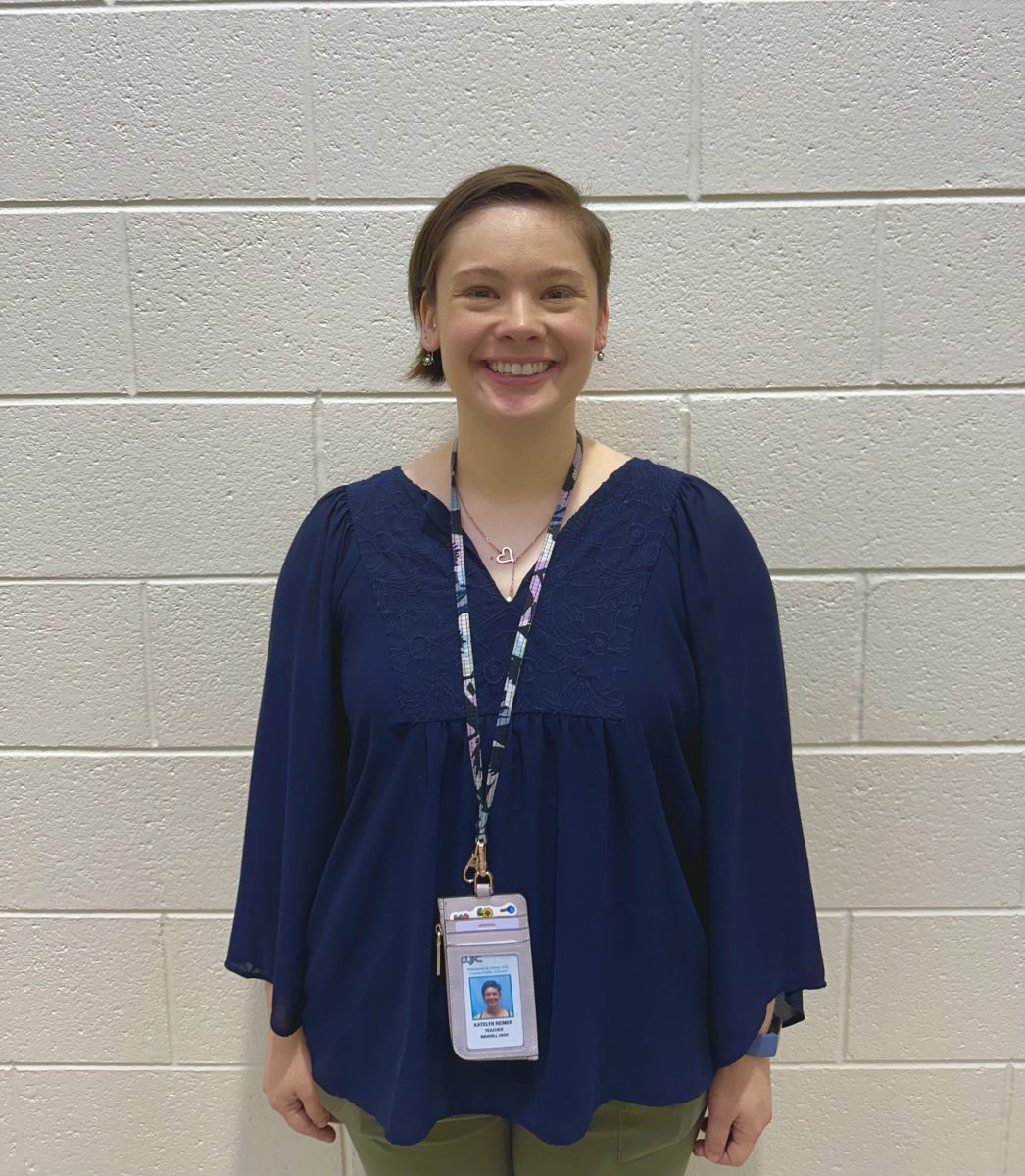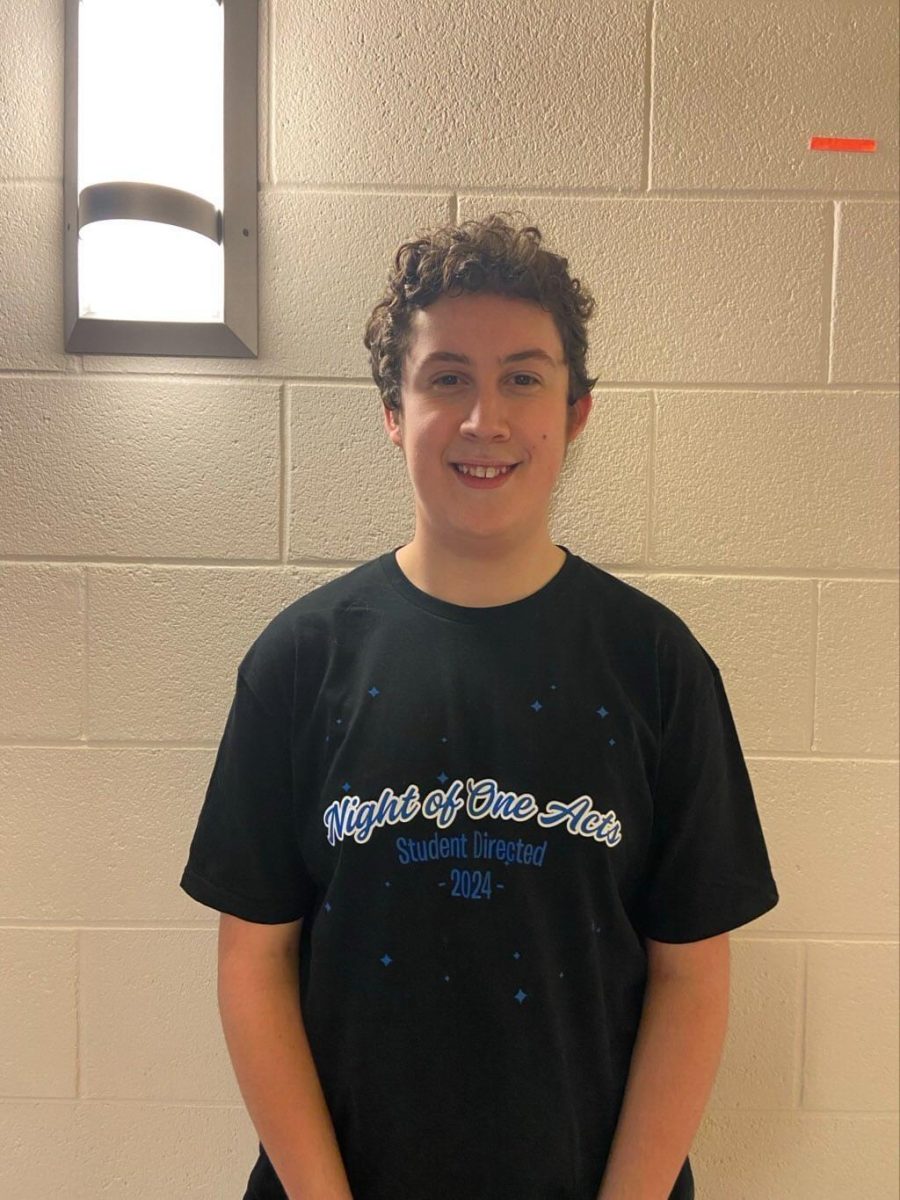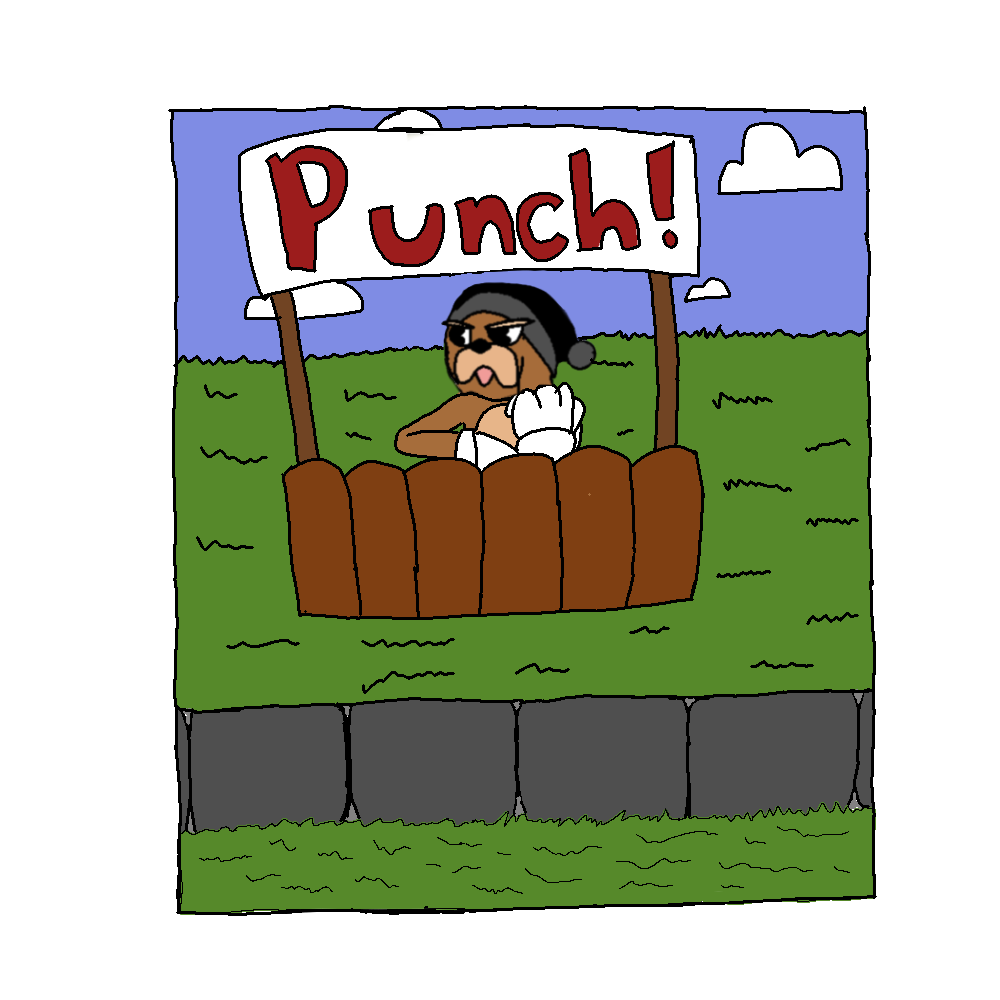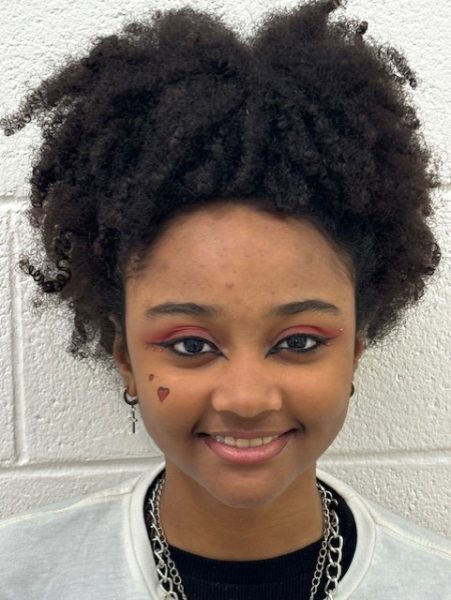Social media has become an integral part of life so much that it is hard to find someone of any age who does not use some form of it. When it comes to teenagers, social media is even more important as it is their primary mode of communication and connection with their friends and the world. However, there is a growing concern among parents, educators, and mental health professionals about the negative impact of social media on teenagers.
To address this concern, some people suggest developing separate social media apps for teens. Proponents of separate social media apps for teens argue that these apps would be tailored to meet the unique needs and developmental stages of teenagers. They would be designed with safety features that can protect teens from online predators, cyberbullying and exposure to explicit content. These apps would also limit time spent on social media and provide resources to teach teens how to use social media in a healthy way. Nancy Jo Sales, author of the book, American Girls: Social Media and the Secret Lives of Teenagers, argues that a separate social media platform for teens could provide them with a supportive community that is free from adults’ influence and that can help them navigate the challenges of adolescence.
However, critics of the idea argue for a more nuanced approach. They argue that it is impossible to create a completely safe, age-appropriate, and engaging social media platform for teens. Even if a particular app is designed to be safe, teens could still use it in harmful ways. Moreover, creating a separate social media platform for teens could reinforce the notion that it is okay to view social media as a babysitter rather than addressing the root of the problem. Michelle Lipkin, Executive Director of the National Association for Media Literacy Education (NAMLE), emphasizes the importance of media literacy education for both children and adults. Saying, “I think it is essential for teenagers to learn how to critically evaluate all media, including social media, and know how to be responsible digital citizens no matter the platform or app.”
Ultimately, it is essential to have ongoing conversations among parents, educators, mental health professionals and teenagers themselves about how to use social media safely and in a way that benefits their mental health and well-being. As Lipkin says, “It’s not about the platform, it’s about literacy.”
